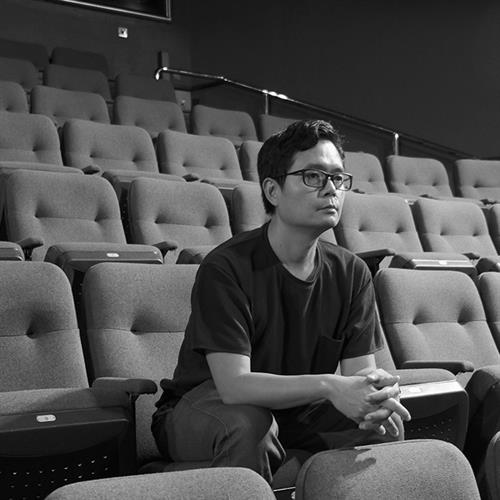Language: Cantonese
Target Participants: Aged 13 or above
In contemporary theatre with diverse forms, creators use media technology such as real-time video, holographic projections or sound art leading the audience to unleash their imagination, interpret the theme of the performance, and question themselves throughout the experience. Media technology has brought ever-changing layers and possibilities to the theatre, and these novel experiences have not only stimulated instant feelings but have also connected the perceptual system of the audience, giving them an unusual understanding.
Where will media technology lead creators and audiences? Multimedia designer and theatre director Adrian Yeung will share with participants his experience of integrating technology into theatrical production and shed light on VR and motion capture technology.

Speaker:Adrian Yeung
A graduate of computer engineering at the University of Hong Kong, Yeung is a multimedia designer and theatre director. In his works, he mainly explores the application of new technology in theatrical production, probes into modern technology through experimental theatrical works, and examines the intrinsic relationship between reality constructed by media and theatre or dance through technologies such as open source, mobile phone, stereo projection, motion capture and on-site editing. He served as a senior lecturer (media design) for the Department of Media Design & Technology at The Hong Kong Academy for Performing Arts from 2018 to 2020. His multimedia design works have been performed in numerous countries and cities.
Moderator: Ip Ka Man

